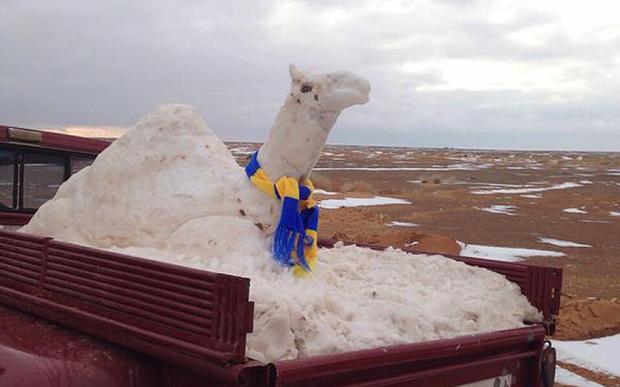I will give you general role about fatwas.
Anyone can give a Fatwa in Islam :)
The person who gives fatwa has to prove his fatwa with some kind of proof. Even given proof doesn't mean the fatwa needs to be followed.
That's why you can find strange fatwa from time to time.
Even Saudi's and Muslim in general laugh about some fatwas.
Fatwa almost means "opinion" for one person; so sometimes you will find a fatwa that says do this and another fatwa that says don't do it.
For example, take smoking, there is a fatwa saying it's forbidden and another that says it's up to the individual.
Most Muslim see this as a healthy thing. There is no Priesthood in Islam.
Most of the time well proven fatwa are followed and weak fatwa are ignored. That is one major different between Islam and Christianity. Muslims don't accept a whole person as a package because we believe the person can give some good opinions but not always.
So we may accept some fatwas, but disregard others from the same person.
So, to answer the question: fatwa doesn't mean law, so it's not illegal to build snowmen in Saudi :)
And if there is a weak fatwa you will see another fatwa is replying to it and prove that it's wrong, and clarifying the other path.
There is only two things are fixed and constant in Islam 1."Quran" and 2."Prophet Muhammad" words and other thing like fatwa is not constant. so there is no one can force someone to change something from his mind in Islam, there is no Pope or Priesthood and no one can force the Muslim to do a specific thing.
Muslim follow what they say it right from the different opinions, and they don't follow people by them self.
Also for the record not all the laws come from fatwa some laws are against some fatwa like insurance issue in Saudi Arabia, all fatwa's were against forcing insurance but the law force it anyway.
 https://twitter.com/LevantMelodies/status/553894236987211778
https://twitter.com/LevantMelodies/status/553894236987211778

